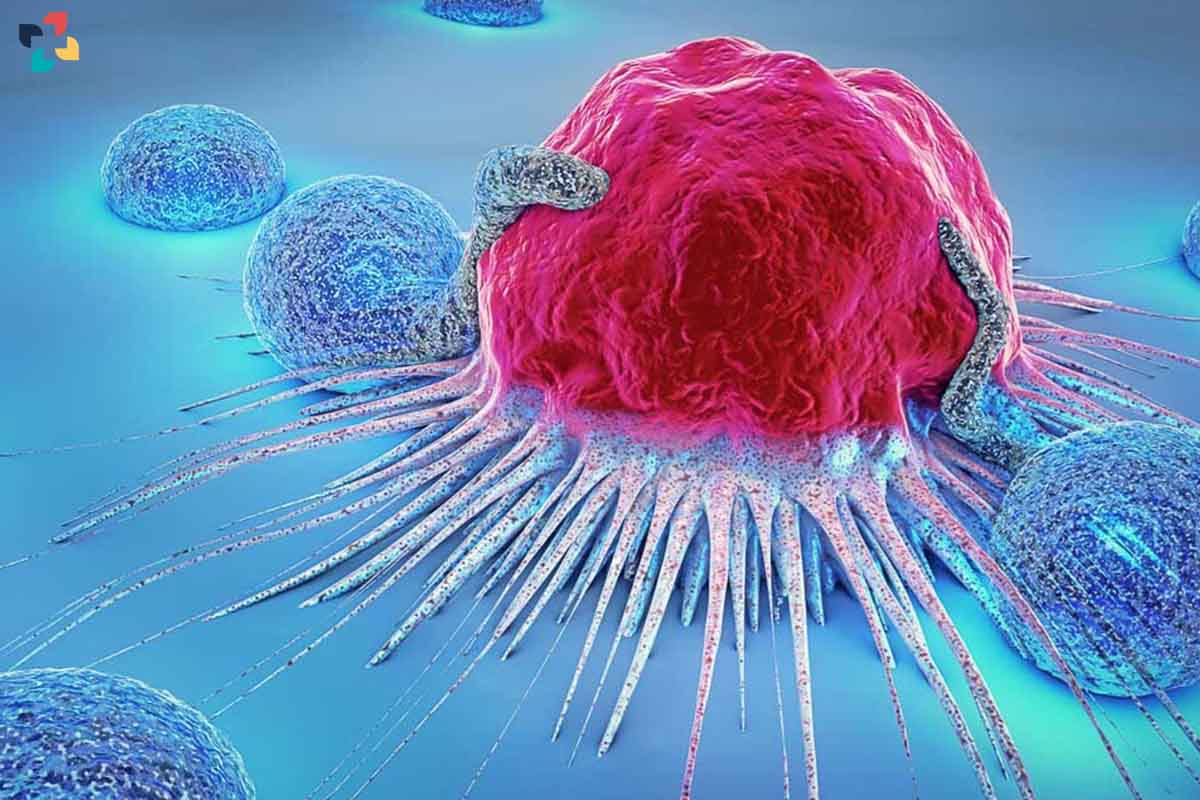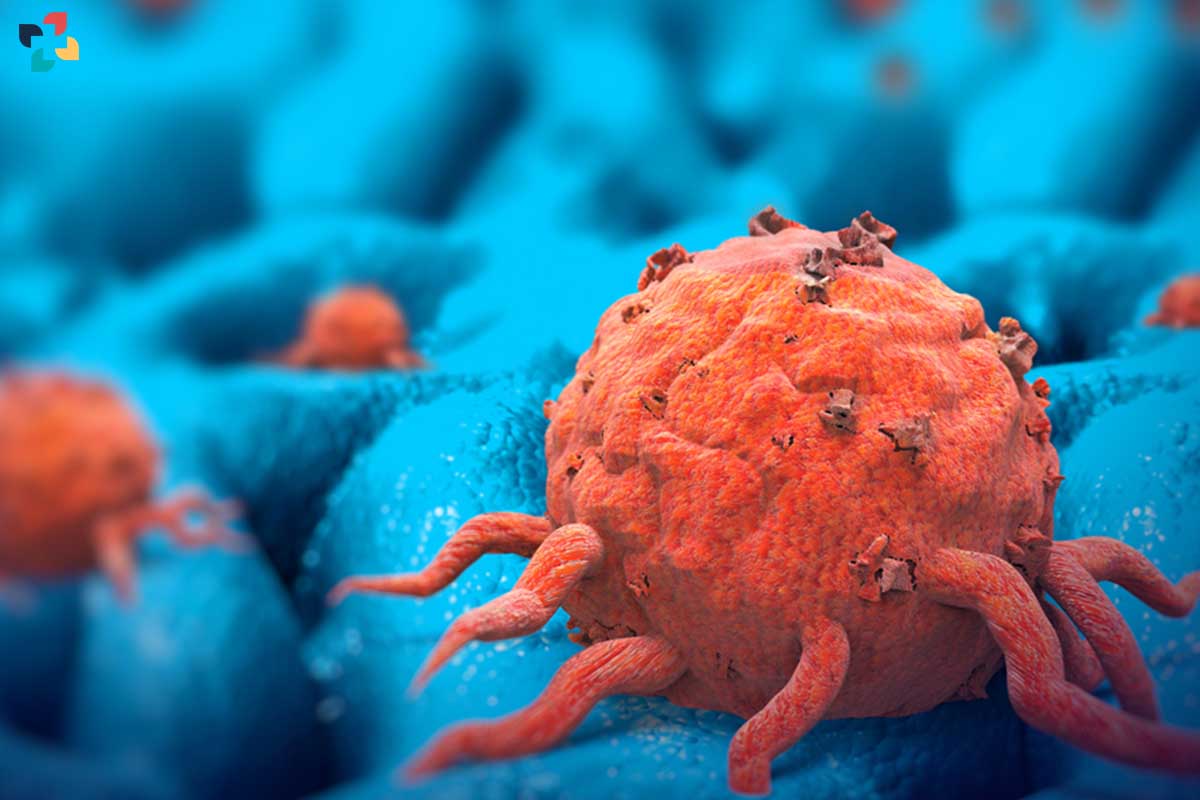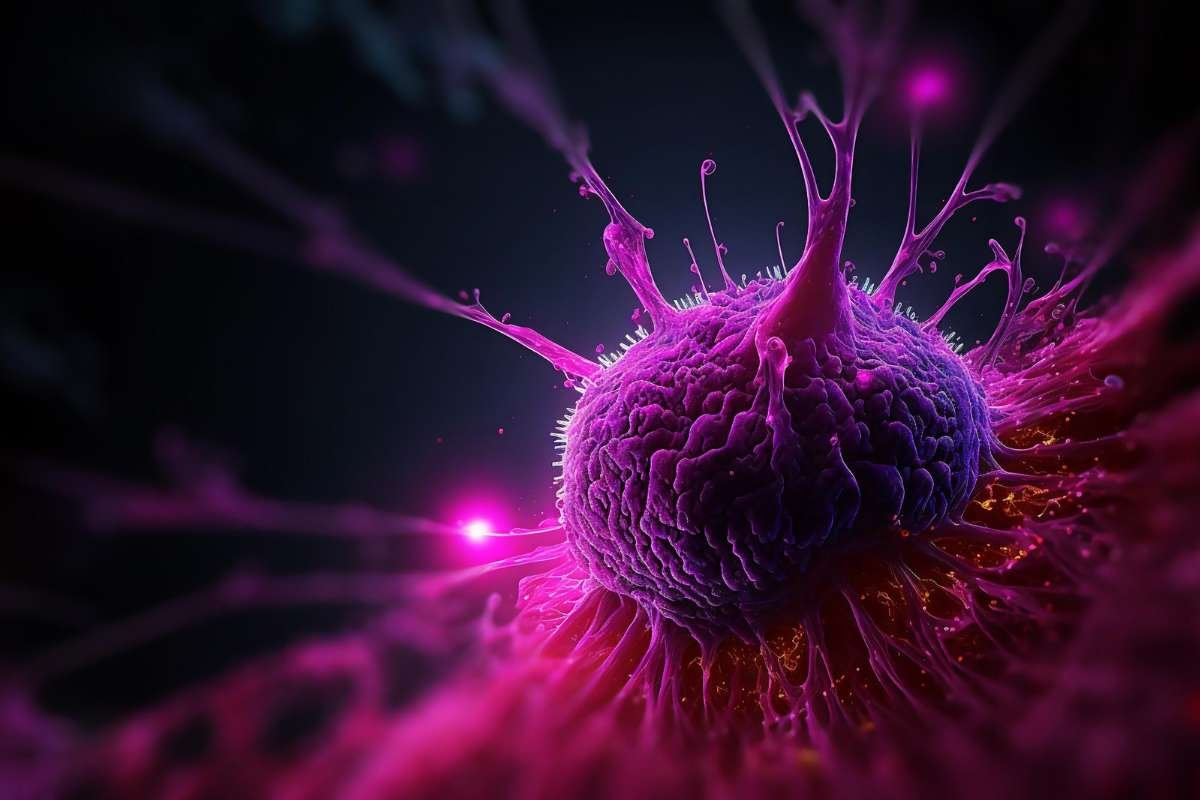The subject of whether or not cancer may be treated is more nuanced than it may at first seem can we Expect a Cure for Cancer? It has been argued that cancer really encompasses a spectrum of disorders that are too varied and complicated to ever be treated successfully. Others have speculated that it can be wiped out entirely within a certain time frame.
However, there are many who argue that the prospect of treating cancer as a chronic illness offers the most promise. Expect a Cure for Cancer that stand in the way of curing additional cancers, the problems that need to be fixed, and the ways in which progress in cancer research is bringing us closer to this goal.
This article explores not just the potential for future Expect a Cure for Cancer but also the challenges:
Cancers That Are Currently Curable Or We Can Expect a Cure for Cancer in 2025?
There are many curable forms of cancer or we can Expect a Cure for Cancer, but they must first be diagnosed at an early stage. Some malignancies, such as ductal carcinoma in situ (DCIS) at stage 0, are potentially curable. This is because they have not expanded beyond the basement membrane, making them non-invasive or we Expect a Cure for Cancer.
However, even though many stage 1 tumors are quite tiny, they still have the potential to return following therapy and are thus not considered curable.

Many individuals use the five-year survival rate when discussing the curability of certain malignancies. Based on our analysis, the following types of cancer are more likely to be treatable:
- Breast cancer
- Melanoma
- Thyroid cancer
- Hodgkin lymphoma
Curable diseases are rare, but treatable ones are not. For instance, recurrence rates for estrogen receptor-positive (stages 1–3) breast tumors increase between years 5 and 10 following diagnosis compared to the first 5 years after diagnosis and may persist for decades.
While there are more choices for treating hormone receptor-positive malignancies than non-receptor tumors, this does not make them any more likely to be cured.
It is likely that when long-term control of metastatic cancer is apparent, the phrase “durable response” may be employed.
Many physicians would consider a patient “cured” if they had a kind of childhood cancer that has a very low likelihood of recurring in adulthood, such as acute lymphoblastic leukemia or Hodgkin lymphoma. Is it possible to cure additional types of cancer, and if so, what obstacles prevent us from doing so?
Cancers Change
Some people may have the impression that cancer cells never differentiate from their original clonal state, although this is far from the truth. Mutations are constantly being added to cancer cells and the disease itself.

These alterations may cause the tumor to take on new features, such as an increased propensity for metastasis. Epigenetic modifications are not part of the genetic code but yet occur.
Resistance
Mutations in cancer cells are the root cause of the disease’s resistance to therapy. Although chemotherapy or targeted therapy may slow the growth of a tumor at first, the disease is notorious for developing resistance.
Many of the currently available targeted medicines may slow tumor development for a while before drug resistance sets up. In certain circumstances, individuals have access to next-generation medications that help them remain one step ahead of this resistance, although cancers often revert back to their previous aggressive forms. A lot of current research is aimed at finding more points upstream and downstream in the development pathway of a certain tumor where growth may be stopped by targeting the tumor itself.

We can expect a Cure for Cancer because Tumors may develop resistance and even mutate into a new kind of cancer due to these alterations. Some EGFR-positive NSCLCs, for instance, may progress too far more challenging small-cell lung cancer.
Presently available targeted medicines may delay the progression of tumors for a while until resistance sets in. Newer medications may help patients avoid developing resistance, but cancers are notoriously resilient and often evolve in response to treatment. Numerous studies are presently examining both the upstream and downstream stages of a tumor’s development process in an effort to locate more targetable sites to block growth.
Tumors may develop resistance and even mutate into a new kind of cancer due to these alterations. Some EGFR-positive NSCLCs, for instance, may progress too far more challenging small-cell lung cancer.







